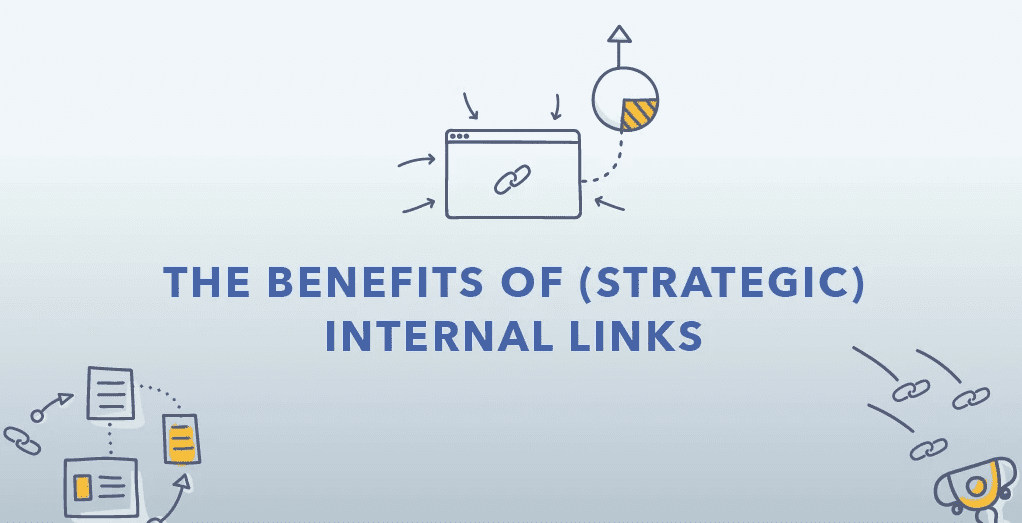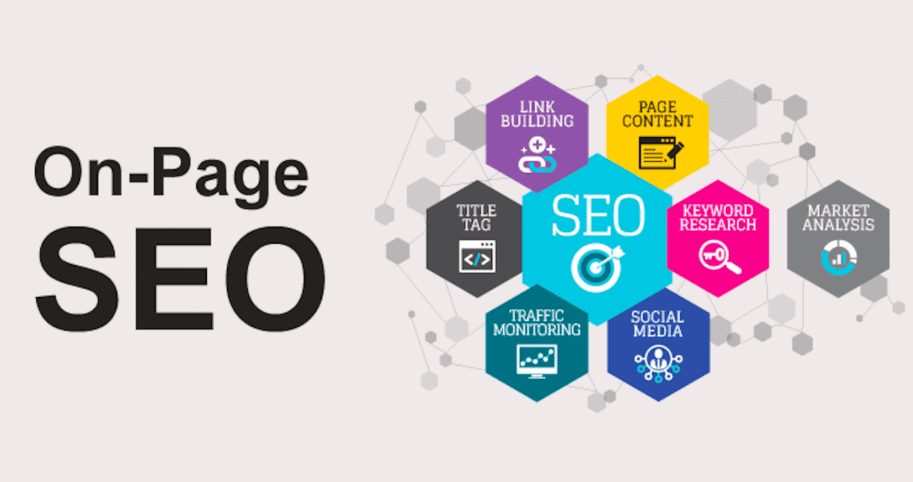On-page SEO vs Off-page SEO: On-page SEO and off-page SEO are two key components of search engine optimization (SEO), crucial for improving a website’s visibility and ranking in search engine results pages (SERPs).

Here’s a breakdown of each:
1. **On-Page SEO:**
On-page SEO refers to the optimization efforts made directly on a website to improve its search engine ranking and visibility. These optimizations are within the control of the website owner or developer. Key factors of on-page SEO include:
– **Content Optimization:** This involves creating high-quality, relevant, and valuable content optimized with target keywords and providing a good user experience.
– **Title Tags and Meta Descriptions:** Writing compelling and keyword-rich title tags and meta descriptions for each page to accurately describe the content and attract clicks from search engine users.
– **URL Structure:** Creating search engine-friendly URLs that are descriptive, concise, and include relevant keywords.
– **Internal Linking:** Linking to other pages within the website using relevant anchor text to improve navigation and distribute link equity.
– **Page Speed Optimization:** Ensuring fast loading times by optimizing images, minimizing HTTP requests, using browser caching, etc.
– **Mobile-Friendliness:** Ensuring that the website is responsive and performs well on various devices, especially mobile devices.
2. **Off-Page SEO:**
Off-page SEO refers to activities performed outside the website to improve its search engine ranking and visibility. These activities usually focus on building backlinks (links from other websites to your site) and increasing the website’s authority, relevance, and trustworthiness in the eyes of search engines.
Key factors of off-page SEO include:
Link Building: Acquiring high-quality backlinks from authoritative and relevant websites through guest blogging, influencer outreach, content marketing, and social media promotion.
Social Signals: Engaging with users on social media platforms and encouraging social sharing of content can indirectly influence search engine rankings.
Brand Mentions are ways to Build brand awareness and reputation by being mentioned or cited on other websites, forums, and social media platforms.
Local SEO: Optimizing the website for local search results by creating and optimizing local business listings, getting reviews, and participating in local events or sponsorships.
Frequently Asked Question: On-page SEO vs Off-page SEO
- What is the difference between on-page SEO and off-page SEO?
- On-page SEO refers to optimizing elements within your website, such as content, HTML tags, and site structure, to improve its search engine visibility and rankings. On the other hand, off-page SEO involves activities outside your website to enhance its authority and relevance, like link building and social media engagement.
- Which elements are included in on-page SEO?
- On-page SEO involves optimizing various elements within your website, such as meta tags, headings, keyword usage, URL structure, content quality, internal linking, and site speed.
- What are some examples of off-page SEO tactics?
- Off-page SEO tactics include building high-quality backlinks from reputable websites, social media engagement, influencer outreach, guest blogging, and online reputation management.
- Which is more important: on-page SEO or off-page SEO?
- Both on-page and off-page SEO are crucial for a comprehensive SEO strategy. However, the importance may vary depending on industry, competition, and current website status. Generally, a balanced approach that prioritizes both aspects yields the best results.
- How can on-page SEO affect search engine rankings?
- Effective on-page SEO can improve your website’s relevance, usability, and overall quality, positively impacting its search engine rankings. Optimizing content with relevant keywords, improving site speed, and enhancing user experience are ways on-page SEO can influence rankings.
- Why are backlinks important for off-page SEO?
- Backlinks serve as votes of confidence from other websites, indicating to search engines that your site is reputable and valuable. Quality backlinks can significantly improve your website’s authority and search engine rankings, making them essential for off-page SEO.
- Can you provide some tips for optimizing on-page SEO?
- Sure! Some tips for optimizing on-page SEO include conducting keyword research to target relevant terms, optimizing meta titles and descriptions, creating high-quality and engaging content, optimizing images with descriptive alt tags, improving site navigation, and ensuring mobile-friendliness.
- How long does it typically take to see results from off-page SEO efforts?
- The timeframe for seeing results from off-page SEO efforts can vary widely depending on factors such as competition, industry, and the quality of your strategies. While some improvements, like gaining backlinks, can have immediate effects, significant improvements in search rankings may take several weeks to months.
- Do social media activities impact off-page SEO?
- Yes, social media activities can indirectly impact off-page SEO by increasing brand visibility, driving traffic to your website, and facilitating engagement with your content. While social signals may not directly affect search engine rankings, they can contribute to a positive online presence, which is beneficial for SEO.
- Is it possible to achieve success in SEO by focusing solely on either on-page or off-page optimization?
- While focusing solely on one aspect of SEO may yield some results, achieving significant success typically requires a balanced approach that incorporates both on-page and off-page optimization. Combining efforts ensures a comprehensive strategy that addresses various factors influencing search engine rankings and overall website performance.
In summary, while on-page SEO focuses on optimizing elements within the website, off-page SEO involves external efforts to improve the website’s authority and relevance through link-building and reputation-building activities. On-page and off-page SEO are essential for a comprehensive and effective SEO strategy.

